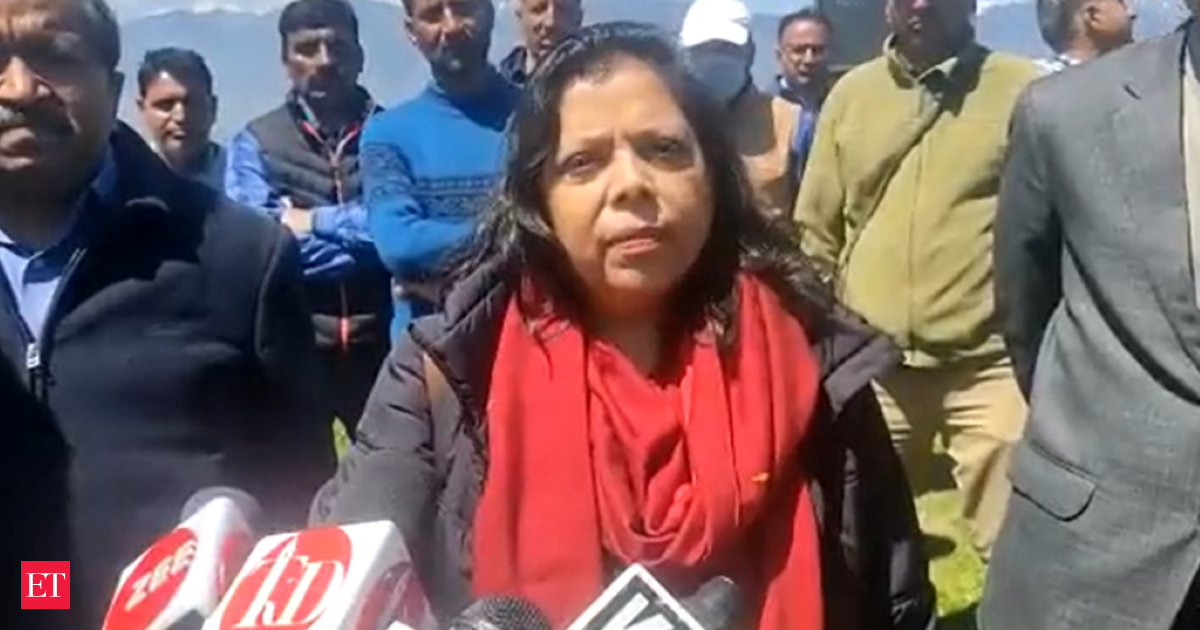India Calls on World Powers to Ease Climate Technology Transfer Barriers

Baku, Azerbaijan - India has urged developed countries to remove barriers to technology transfer, increase public climate finance, and avoid unfair trade measures disguised as climate action. This appeal was made during a high-level ministerial roundtable on pre-2030 ambition at the ongoing UN climate talks in Baku.
Leena Nandan, India's environment secretary, emphasized that innovative technologies are crucial for a low-carbon future but must be made accessible to developing countries. "Developing countries need solutions like clean energy and carbon removal, but barriers like intellectual property rights make it hard for them to access these technologies," she said.
Nandan called for practical solutions to make technology affordable, adaptable, and relevant for developing countries during the Conference of the Parties (COP29). She stressed that developed countries must close the massive climate finance gap delaying climate action in developing countries. "Trillions of dollars are needed for clean energy projects, disaster-resilient infrastructure, and climate adaptation... It should be ensured that deviation from least-cost development pathways committed by developing countries are fully met though public finance by developed countries," she added.
India expressed strong objections to unilateral trade measures like the European Union's Carbon Border Adjustment Mechanism (CBAM), which it said unfairly shifts the costs of climate action to poorer nations. These measures, Nandan warned, hurt international cooperation and add financial burdens to developing countries.
"This is not a free ride for developed countries; these measures will lead to significant losses for the global economy," she said.
India's Finance Minister Nirmala Sitharaman has termed CBAM "unilateral and arbitrary" and expressed concerns that such measures could potentially harm India's industries and disrupt the balance in international trade.
The Centre for Science and Environment, a Delhi-based think tank, estimates that CBAM will impose an additional 25% tax on carbon-intensive goods exported from India to the EU, representing 0.05% of the country's GDP.
